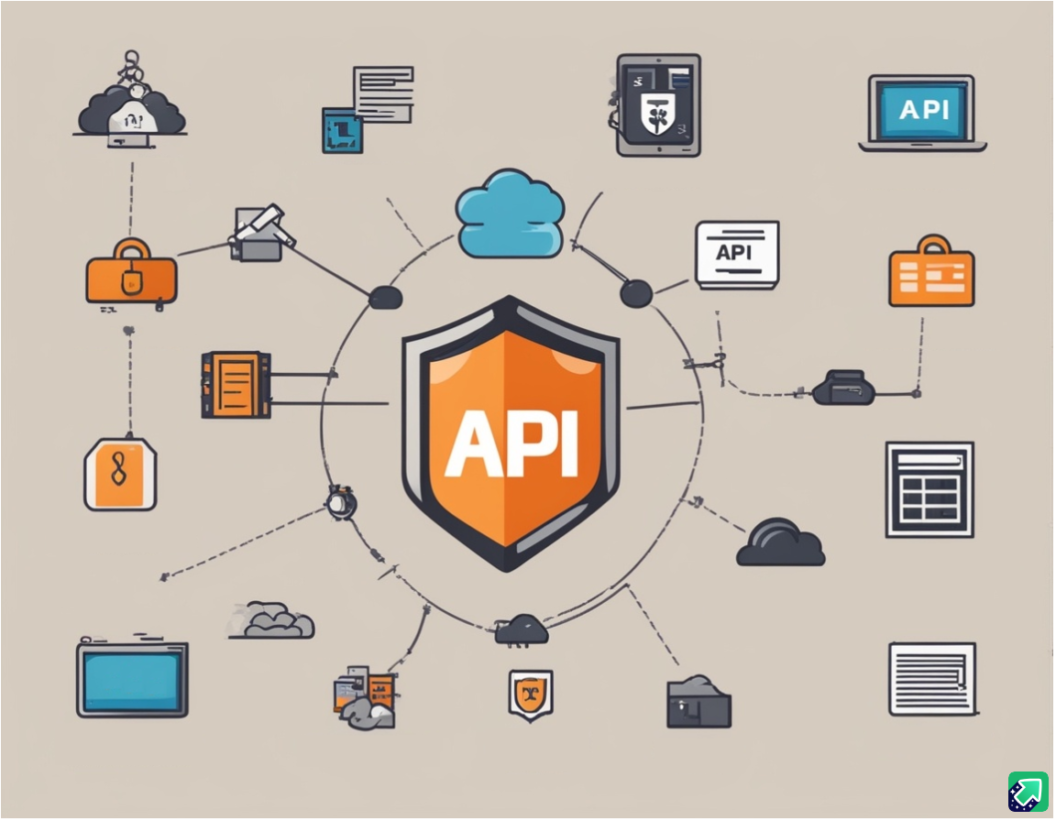In today’s digital landscape, APIs (Application Programming Interfaces) have become a critical component of modern application development. They enable seamless communication between different software systems, powering everything from mobile apps to enterprise solutions. However, with their increasing popularity comes a significant security risk. Ensuring the safety of your applications and data requires comprehensive API security measures.
Why Is API Security Important?
APIs are often targeted by cybercriminals because they serve as gateways to sensitive data and core functionality. A breach can lead to data leaks, financial loss, reputation damage, or compliance violations. Therefore, implementing robust API security strategies is vital for safeguarding your infrastructure.
Best Practices for Protecting Your Applications and Data
1. Authentication and Authorization
Start with strong authentication mechanisms such as OAuth 2.0 or API keys to verify the identity of users or applications accessing your APIs. Coupled with proper authorization controls, this ensures authenticated users only access resources they are permitted to see.
2. Use HTTPS
Encrypt data in transit by using HTTPS for all API communications. This prevents data interception and man-in-the-middle attacks, keeping your information confidential.
3. Rate Limiting and Throttling
Implement rate limiting to restrict the number of API requests within a certain timeframe. This helps prevent brute-force attacks and abuse, ensuring your API remains available for legitimate users.
4. Input Validation and Sanitation
Validate all incoming data to prevent injection attacks such as SQL injection or cross-site scripting (XSS). Proper input validation is critical to maintaining data integrity and security.
5. Regular Security Audits and Monitoring
Conduct periodic security assessments and continuous monitoring of API activities. Use logging tools to detect unusual patterns that could indicate malicious activity.
Implementing Comprehensive API Security
For organizations looking to deepen their API security capabilities, understanding the complexities involved is essential. Implementing a layered security approach combines multiple strategies—encryption, access controls, monitoring, and security policies—to form a resilient defense.
To explore more about how to secure your applications and data effectively, consider visiting api-security-protecting-your-applications-and-data. This resource provides valuable insights into best practices, tools, and strategies for robust API security.
Partnering with Experts
Achieving optimal security calls for expertise and ongoing vigilance. Partnering with cybersecurity professionals or integrating advanced security solutions can significantly reduce vulnerabilities and ensure your applications remain protected.
Start today by evaluating your current API security posture and implementing the recommended practices. Remember, protecting your applications and data is an ongoing process that requires continuous attention.
Interested in learning more? Visit the homepage for additional resources and services related to application security and data protection.

